2024 year of the dragonWishing you New Year goodness! Every year, people of the Chinese culture from all around the world, celebrate this time of year with good luck rites, house cleaning, family feasts, and fireworks. The next few weeks are set aside as a time to honor household and heavenly deities as well as ancestors. Unlike our western Gregorian calendar, the Chinese calendar runs in accordance with lunar-solar observations; therefore, the date for the new year changes from year to year. This year, it starts February 10th. Celebrations will occur the day before and continue until the Lantern Festival, the 15th day of the new year to decline the darkness of winter and move into the night as a community with human-made light. People create paper lanterns to symbolize the sun, light, warmth, and a physical prayer to the Sun for it to come back. Lighting lanterns is a way for people to pray that they will have smooth futures and express their best wishes for their families (China Highlights). This marks the beginning of Spring. After the Lantern Festival, Chinese New Year taboos are no longer in effect, and all New Year decorations are taken down. According to tradition, people must stay up late on New Year’s Eve to welcome the New Year, and then to let off fireworks to scare off ominous spirits and Nian, the New Year dragon monster. Chinese are careful of their actions on these two days as they will prophecy their upcoming year. In the first five days of the New Year, people eat long noodles to symbolize long life. On the 15th and final day of the New Year, round dumplings shaped like the full moon are shared as a sign of the family unit and of perfection (History.com). One legend states that hanging your hopes for the coming year on a Wishing Tree (synonymous with good luck and fortune) will encourage your dreams to come true. Further, some Chinese people refrain from regular routines such as hair and laundry washing in honor of the water god, celebrated on these days. Each year a different animal is celebrated according to your birth year. But according to Chinese belief, the year of your sign is believed to be one of the most unlucky years of your life. 2024 is the Year of the Dragon. The luckiest Chinese zodiac signs in 2024 are Monkeys, Roosters, and Pigs. If you are a Dragon, according to your birth year, “you are powerful, endlessly energetic and full of vitality, goal-oriented yet idealistic and romantic, and a visionary leader. They know exactly who they are and possess the keenest sense of self among the 12 zodiacs of Chinese astrology.” (ChineseNewYear.net) The earliest depictions of the 12 Zodiac animals appear in tomb-ceiling paintings dated to 533 BC with a Yin Yang symbol in the center, of course. Some animals are an odd number which represents Yang, while others are even numbered for Yin. Yang: (1) Rat, (3) Tiger, (5) Dragon, (7) Horse, (9) Monkey, (11) Dog Yin: (2) Ox, (4) Rabbit, (6) Snake, (8) Sheep, (10) Rooster, (12) Pig Further, the dual Yin-Yang system is approximately as old as China itself. It is the central theme of all Chinese systems of insight, and a key component in Chinese philosophy. Yin, being the female principle, and Yang the male principle. The combination and interaction of these two opposites is believed by the Chinese to cause all universal actions.
Yin generally refers to things that are relatively lower, colder, stiffer and slower: yang generally refers to things that are higher, hotter, flexible and quick. Yin represents the moon and night, while yang symbolizes the day and the sun. This circular symbol moves in accordance with the seasons. In physical yoga practice, yin represents a forward fold and rounding of the spine, while yang is heart opening and arching. Imagine the flow of cat/cow movements or half Sun Salutations to observe this play of opposites. Patanjali’s Yoga Sutra in 400 C.E. (II-46) states “sthira sukham asanum” which means that “your asana should be steady and comfortable.” Stable is yang, comfortable is yin. In contemporary yoga today, we can attend classes that focus on our yin or yang. Most Vinyasa or Power Flow classes build heat through standing and strengthening postures for Yang, while Yin Yoga is sometimes referred to as yoga for the joints, and involves sitting or laying down. I try to blend equal balance of both in my yoga classes. How do you observe these opposite relationships in your life?
0 Comments
|
Hannah Faulkner
|
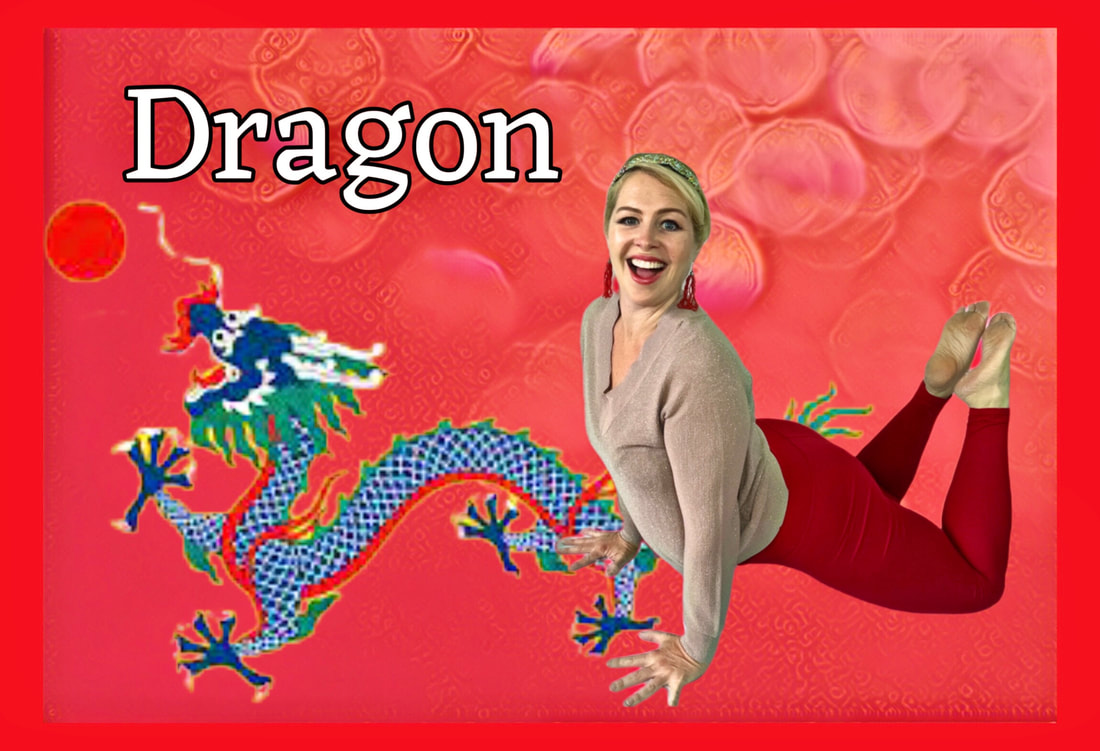
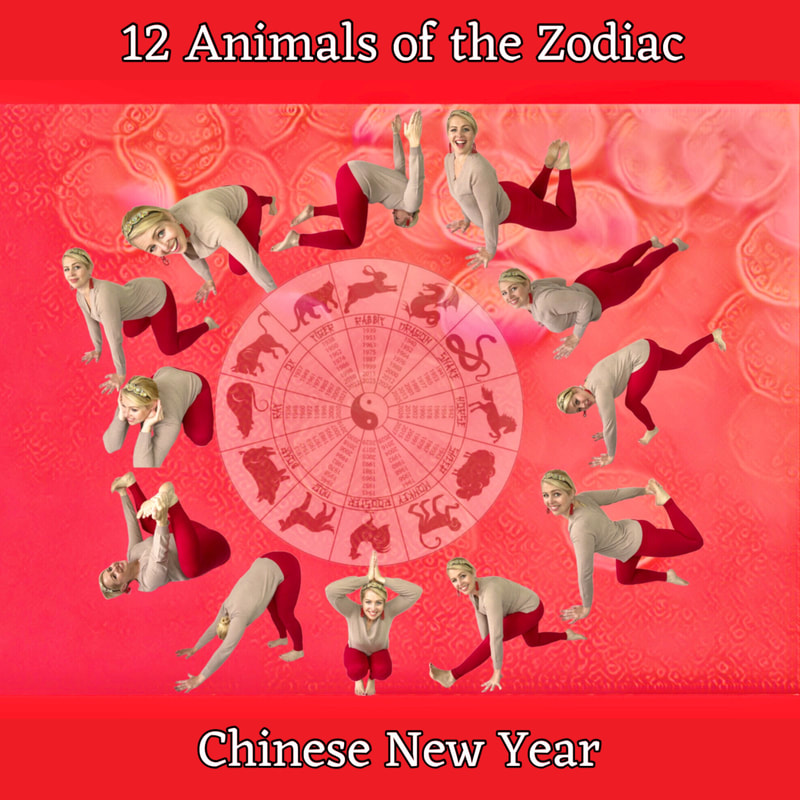
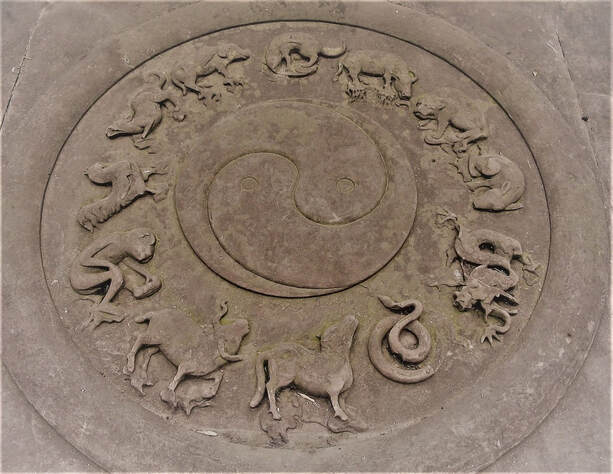






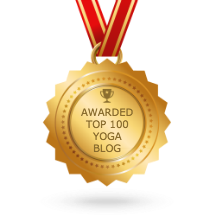
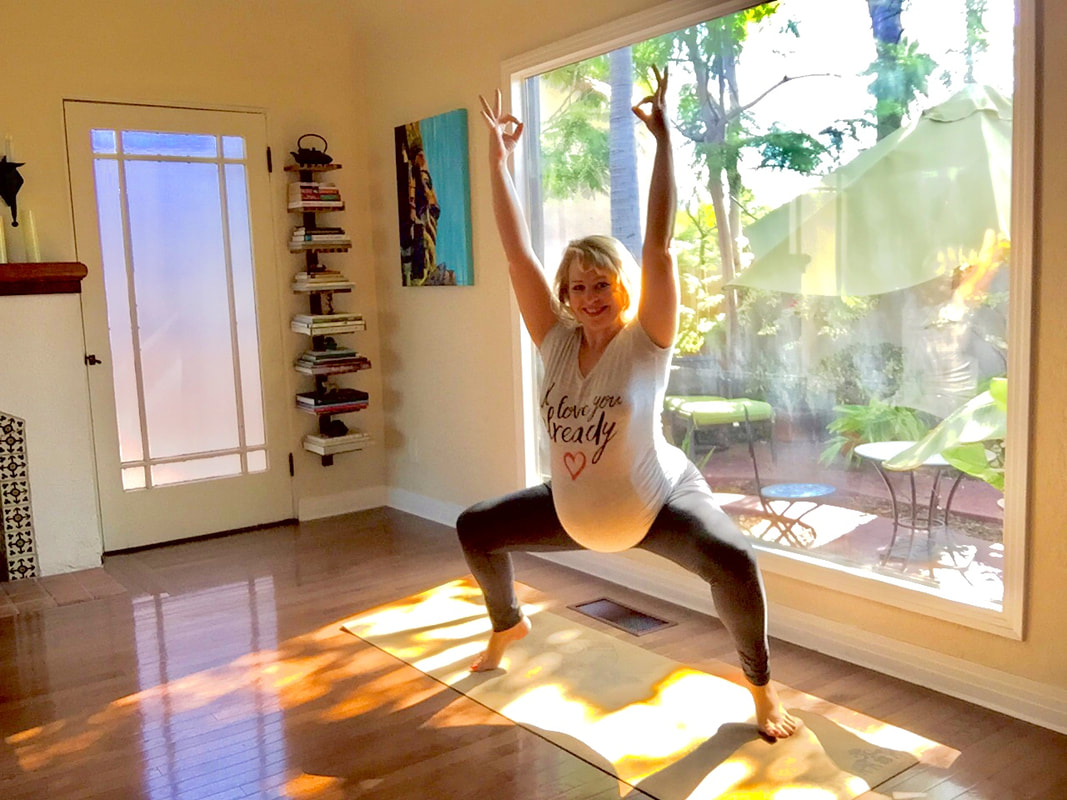
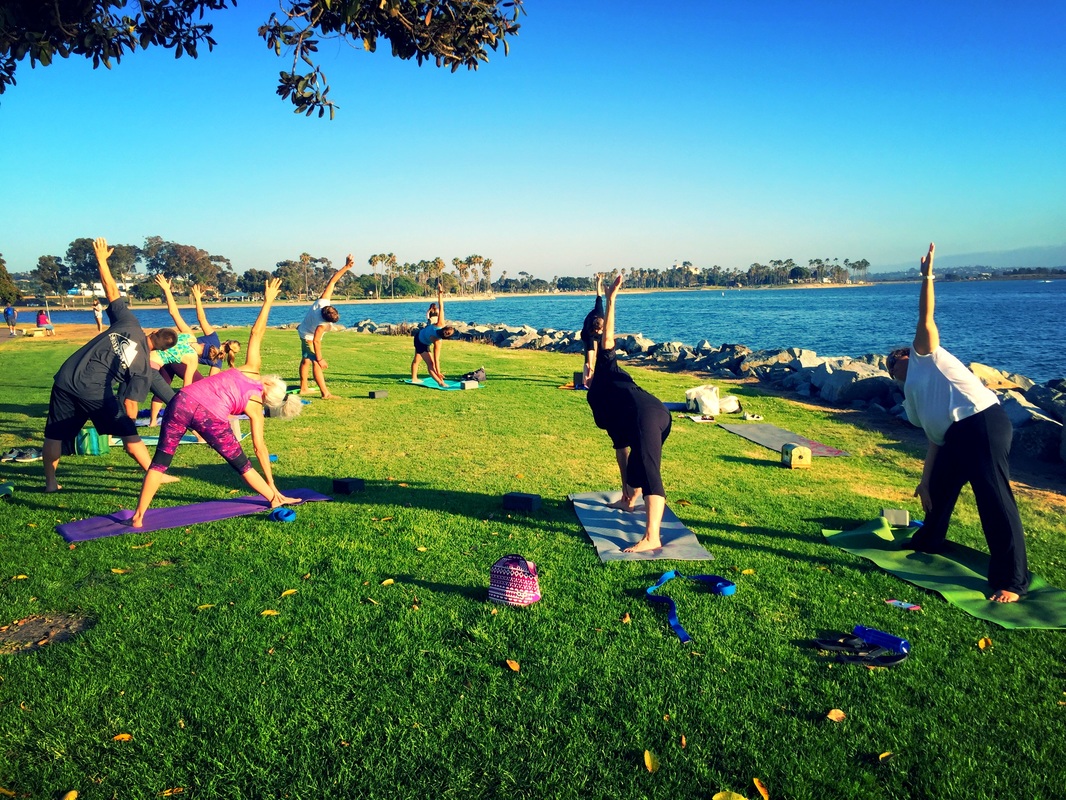
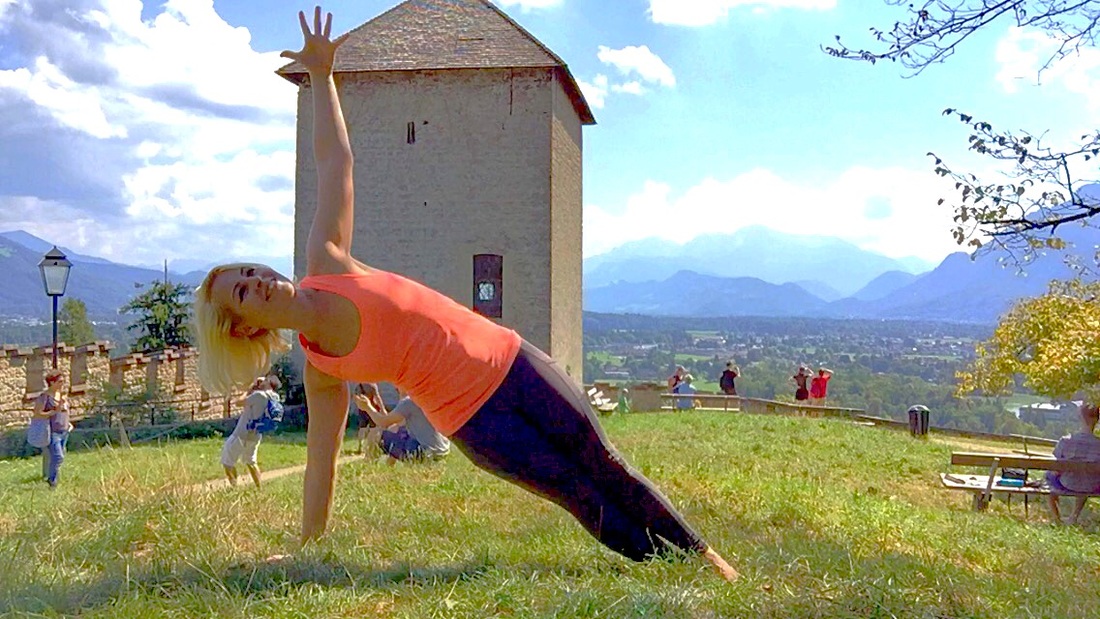
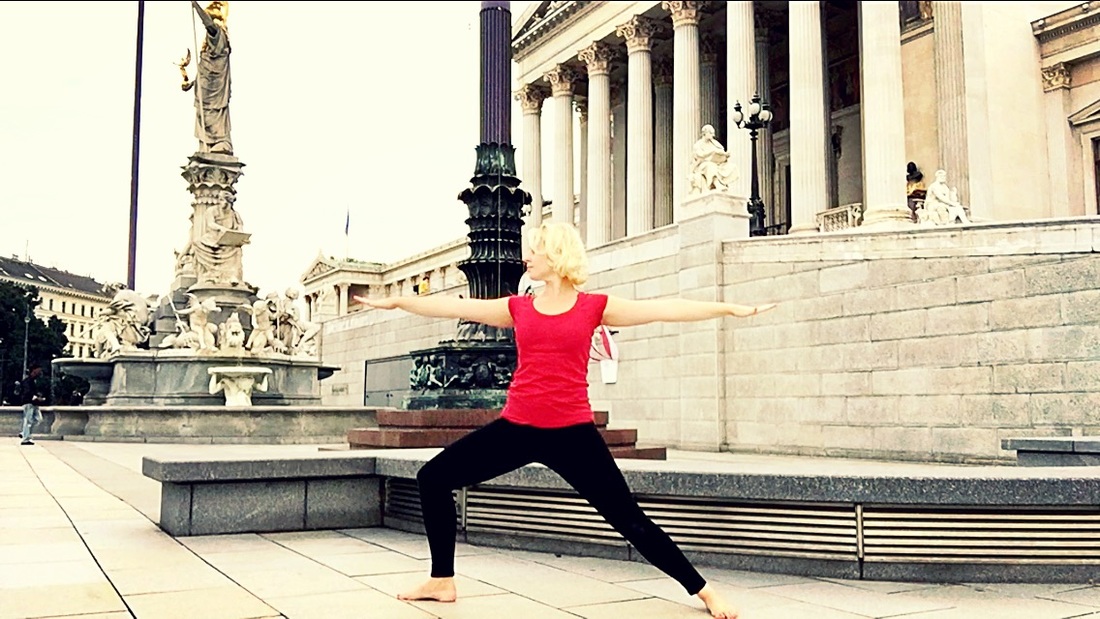

 RSS Feed
RSS Feed